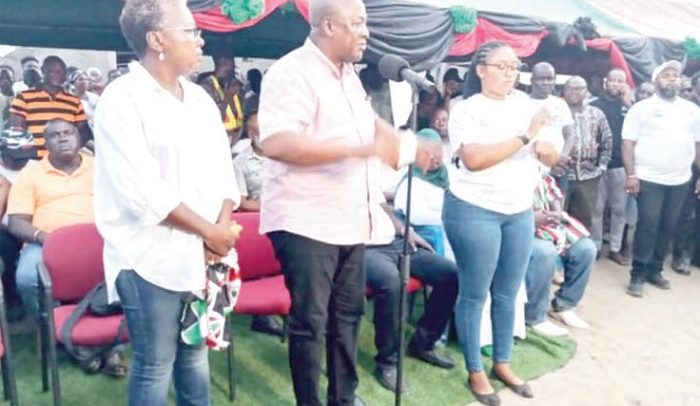
Owing to mounting debts associated with its implementation, corruption and inefficiency, government is being urged to abolish the premixed fuel subsidy policy.
Rather, Policy Lead-Petroleum and Conventional Energy, Africa Centre for Energy Policy (ACEP), Kodzo Yaotse believes direct financial support to fisherfolk would be a more effective option for fuel purchases, thereby bypassing flaws of the current subsidy programme.
This is because ACEP cites data which show irregularities in the consumption of premixed fuel, with a notable increase of usage in areas with limited need for the product. This suggests possible smuggling, which undermines supply to fisherfolk who genuinely need the fuel.
All the GH?680million in annual revenue from the Price Stabilisation and Recovery Levy (PSRL) is siphoned through the premixed fuel subsidy by cronies, offering little or no benefit to fisherfolk, the energy think-tank notes.
Additionally, Mr. Yaotse cited a study conducted by ACEP that uncovered several hidden margins on petroleum products – which he described as unjustified taxes burdening consumers.
Based on the National Petroleum Authority’s (NPA) 2024 consumption data, revenue accruals of prevailing levies in the downstream petroleum sector totalled GH?9.7billion. But margins imposed on petroleum products by the regulator, which are not subject to parliamentary approval, amount to GH?7.6billion for the period under review.
He disclosed that between 2018 and 2024, margins such as the Bulk Oil Storage and Transportation (BOST) margin, Primary Distribution Margin (PDM), Fuel Marketing Margin and Unified Petroleum Price Fund (UPPPF) increased by 300 percent, 247 percent, 350 percent and 429 percent respectively.
The levies are largely earmarked for addressing political sins of the past, such as paying for inefficiencies in the energy sector. Also, ACEP notes that consumers pay GH?0.26 pesewas on every litre of petrol for primary distribution, regardless of whether the product passes through BOST’s facilities or not.
ACEP maintains that more than 50 percent of petroleum products distributed in Ghana are moved outside of BOST facilities, raising questions about the justification for this fee.
However, ACEP advocates commercialising BOST and listing it on the stock exchange to ensure greater transparency and accountability in its operations.
Government should prioritise addressing energy sector debts in the short- to medium-term to free-up revenue for development purposes.
The post Editorial: Premix fuel subsidy under scrutiny again appeared first on The Business & Financial Times.
Read Full Story
















Facebook
Twitter
Pinterest
Instagram
Google+
YouTube
LinkedIn
RSS